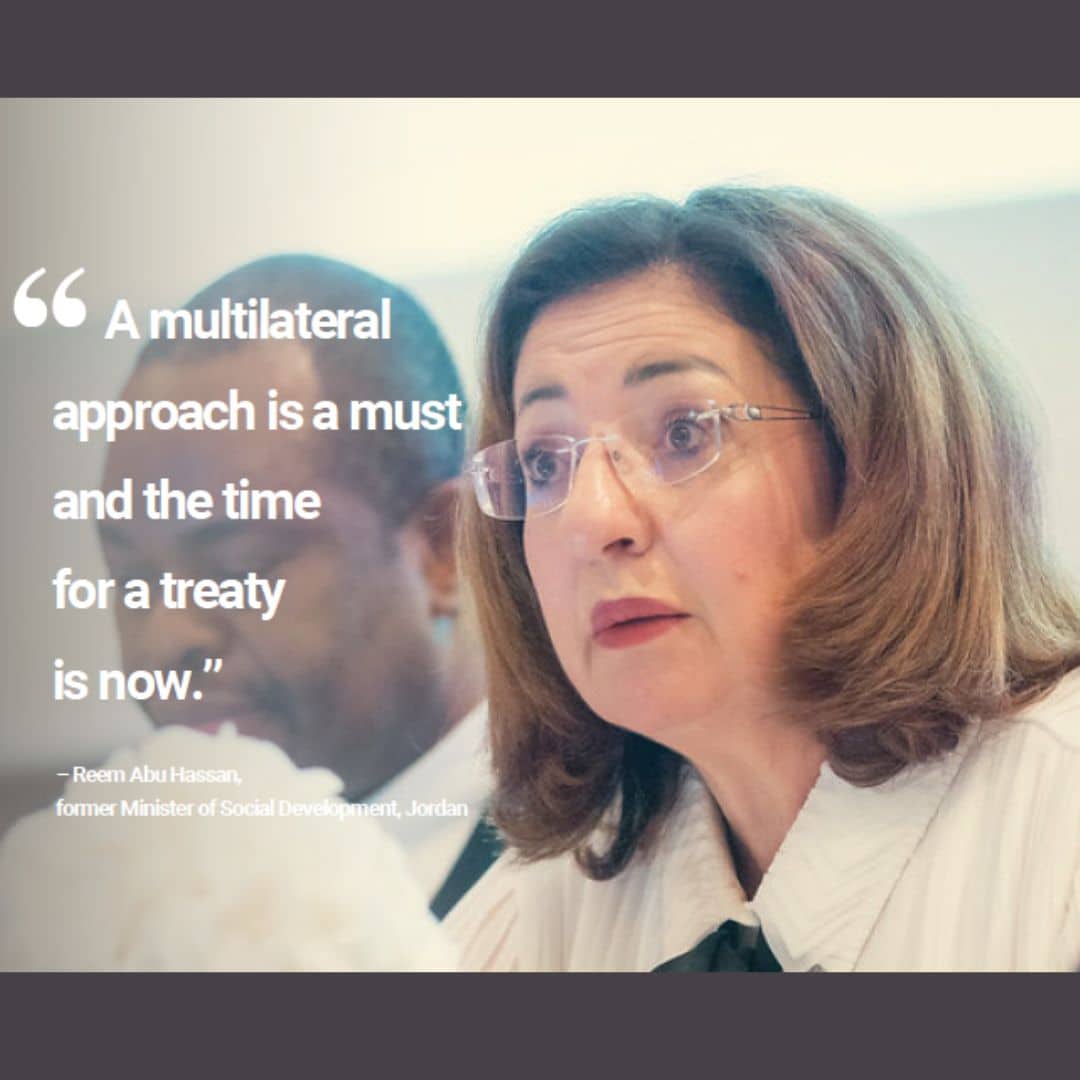
A new report released on February 1, 2023 by a group of women’s rights activists from 128 countries documents a rapid rise in violence against women and girls worldwide and current gaps in international law to address this crisis. The “Safer Now” report was released by the Every Woman Treaty, a coalition of over 2,000 women’s rights activists from 128 countries, including Greece, advocating for a new global treaty to address this issue.
“Women and girls are dying. The activists defending them are hunted. The violence is rising. This begs a single question: Are the needs of women and girls being met under the current system? The indisputable answer is no,” says Najla Ayoubi, co-founder of Every Woman Treaty, in the report. Najla was the first female judge in her province of Afghanistan who paid the price defending women’s rights with the assassination of her father and brother before she was forced to flee.
Ayoubi shares that colleagues around the world, from Ukraine to Nigeria to Iran and the United States are all reporting increased violence against women, but are alarmed at the lack of legal frameworks to address the global crisis. Why, as crises such as conflict, Covid-19 and climate change exacerbate violence against women and girls, is the world not taking more action?
The issue of gender-based violence (GBV) worldwide is becoming an increasingly urgent topic.

According to the World Health Organization, violence against women is “devastatingly pervasive,” impacting 1 in 3 women worldwide, with younger women most at risk. “Safer Now” highlights some of the reasons for the current worldwide escalation, including conflicts, such as the war in Ukraine and the Taliban takeover of Afghanistan, violence, particularly sexual violence, is used as an intentional tactic of war, with women and girls as the primary targets of widespread rape, sexual slavery, forced marriage, and torture.
Also, the link between climate change and gender-based violence is becoming more glaring, as climate change creates economic instability, food insecurity, mental stress, disrupted infrastructure, displacement, human trafficking, and forced marriage as an exchange for goods. Another growing area of concern the report addresses is cyberviolence. According to the report, 73 percent of the world’s women have experienced some form of online violence, such as sexual harassment, threats of rape, death, or stalking, and the distribution of sexually explicit images and videos of unsuspecting women without their consent, making cyberviolence one of the most prevalent forms of violence against women today.
Although there are other regional treaties such as the Belém do Pará Convention in Latin America, the MaputoProtocol in Africa, and the Istanbul Convention in Europe, they are only effective locally, leaving nearly 75 percent of the world’s women without protection from a legally binding instrument specific to violence against women.
Although many countries have signed and ratified the Convention on the Elimination of All Forms of Discrimination Against Women (CEDAW), often described as an international Bill of Rights for Women, it is an anti-discrimination human rights treaty designed to improve gender equality, such as education and employment opportunities for girls, but it falls short in addressing violence against women and girls. For example, there is no mention of “rape,” “assault,” or “violence” in its texts, leaving its interpretation vague and without legal obligation.
Every Woman Treaty is urging the UN and nations to adopt a global treaty to fill this legal gap and begin to systematically address this growing crisis.
“Women and girls cannot wait any longer. The rise in violence against women and girls demands that we protect them with the highest level of global commitment: a treaty,” says Every Woman Treaty CEO and co-founder, Lisa Shannon.
About the Author: Amie Williams is an American documentary filmmaker and journalist, and Co-Founder & Executive Director of Global Girl Media.